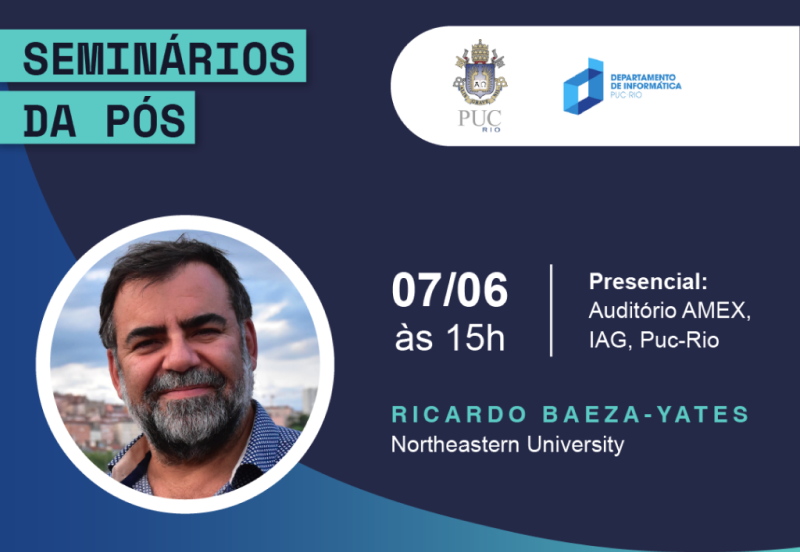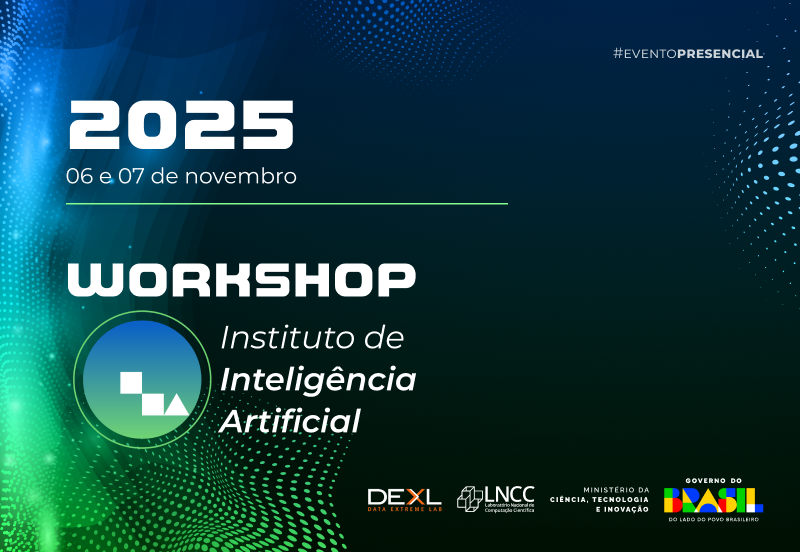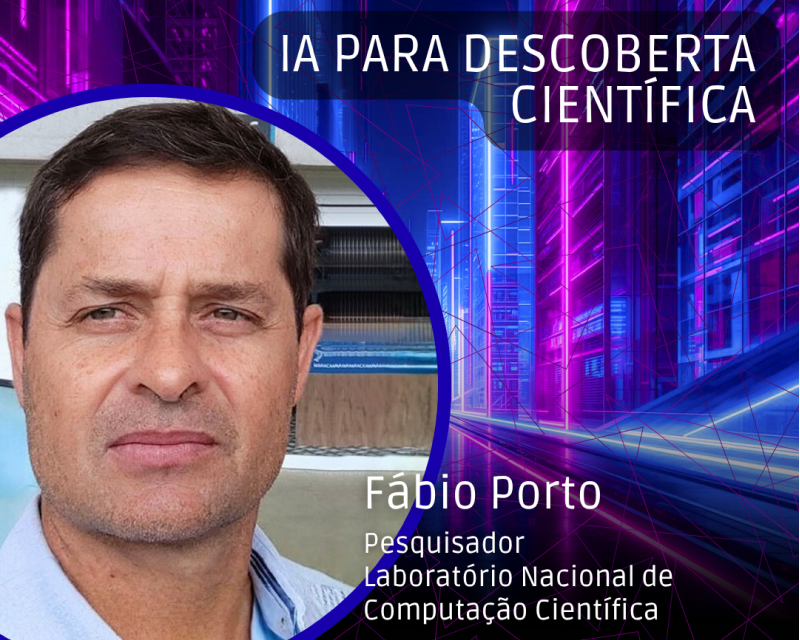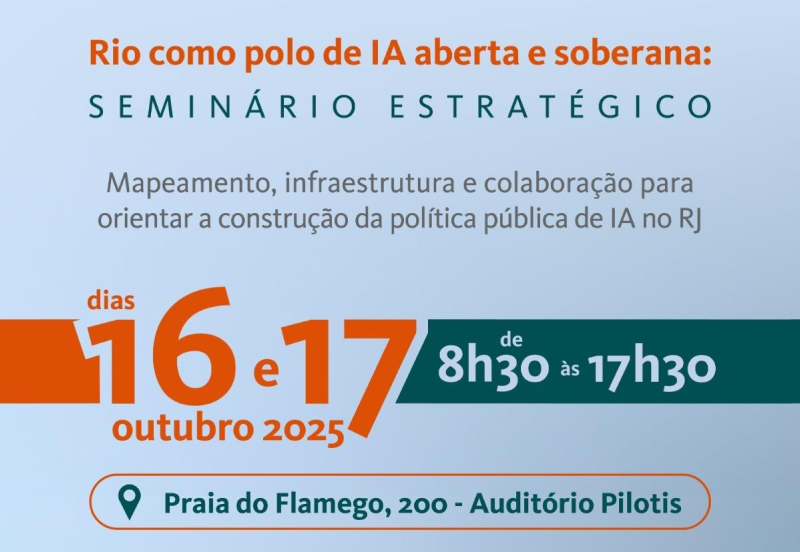Events
Responsible AI will be the theme of the next PPGDI Seminar at PUC-Rio - June 7 at 3 PM

Information
-
Date
07-06-2024 to 07-06-2024
-
Hour
15:02
-
Location
Auditório AMEX - prédio do IAG
"Responsible AI" will be the theme of the seminar to be held on June 7, 2024, at 3 PM at the Pontifical Catholic University (PUC-Rio), featuring Ricardo Baeza-Yates, Director of Research at the Institute for Experiential AI of Northeastern University. The lecture is part of the seminar series of the DI graduate program and will take place in the AMEX auditorium (in the IAG building), with live streaming on YouTube via the DI channel. Responsible AI Prof. Ricardo Baeza-Yates Abstract: In the first part, to set the stage, we cover irresponsible AI: (1) discrimination (e.g., facial recognition, justice); (2) phrenology (e.g., biometric-based predictions); (3) limitations (e.g., human incompetence, minimal adversarial AI); (4) indiscriminate use of computing resources (e.g., large language models); and (5) the impact of generative AI (disinformation, mental health, and copyright issues). These examples have a personal bias but set the context for the second part, where we address three challenges: (1) principles & governance, (2) regulation, and (3) our cognitive biases. We conclude by discussing our responsible AI initiatives and the near future. Short bio: Ricardo Baeza-Yates is Director of Research at the Institute for Experiential AI of Northeastern University. Previously, he was VP of Research at Yahoo Labs, based in Barcelona, Spain, and later in Sunnyvale, California, from 2006 to 2016. He is co-author of the best-selling Modern Information Retrieval textbook, published by Addison-Wesley in 1999 and 2011 (2nd ed.), which won the ASIST 2012 Book of the Year award. From 2002 to 2004, he was elected to the Board of Governors of the IEEE Computer Society, and between 2012 and 2016, he was elected to the ACM Council. In 2009, he was named an ACM Fellow, and in 2011, an IEEE Fellow, among other awards and distinctions. He obtained a Ph.D. in Computer Science from the University of Waterloo, Canada, in 1989, and his areas of expertise include web search and data mining, information retrieval, bias in AI, data science, and algorithms in general. This announcement is the responsibility of the organizers at PUC-Rio.
Information
-
Date
07-06-2024 to 07-06-2024
-
Hour
15:00
-
Location
Auditório AMEX - prédio do IAG



